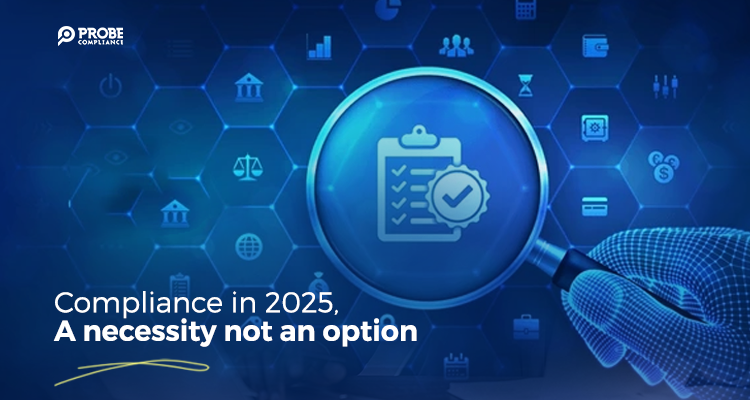
In today’s ever-evolving financial and regulatory landscape, compliance has become more than just a legal checkbox. It is now a fundamental pillar of any business striving to thrive and build trust in its ecosystem. This is particularly true in Nigeria, where regulatory bodies such as the Central Bank of Nigeria (CBN), Securities and Exchange Commission (SEC), and the Nigerian Financial Intelligence Unit (NFIU) are intensifying efforts to combat financial crimes and enforce regulatory adherence.
As we’ve stepped into 2025, let’s explore why compliance is no longer an option but a necessity for businesses operating in Nigeria.
The Real Cost of Ignoring Compliance
Non-compliance comes at a heavy price, and Nigerian businesses are no strangers to this reality. In 2024 alone, several organizations were penalized millions of naira for failing to meet anti-money laundering (AML) and know-your-customer (KYC) requirements. Beyond
monetary fines, the costs extend to:
- Reputational Damage: News spreads fast in the digital age. A compliance breach can erode customer trust and deter potential investors.
- Operational Disruptions: Non-compliance can lead to audits, investigations, and even business shutdowns, causing significant disruptions.
- Legal Ramifications: Prolonged legal battles can drain resources and tarnish relationships with stakeholders.
Compliance vs Non Compliance: The Numbers Speak
Let’s talk numbers. Implementing robust compliance measures may cost a business
approximately 5-10% of its annual revenue, depending on the sector. This includes investing in robust compliance solutions , training, and expertise to meet regulatory requirements.
However, the cost of non-compliance can exceed 400% of the compliance cost! For
instance, fines, penalties, legal fees, and loss of business opportunities often outweigh the initial investment required to establish a compliance program.
A fintech company that spends ₦10 million annually on compliance might avoid fines
exceeding ₦150 million in a single regulatory breach. The math is simple compliance saves money and protects your business in the long run.
Why You Must Prioritize Compliance in 2025
- Regulatory Scrutiny Is Increasing: With Nigeria aiming to exit the grey list by May 2025,Nigerian regulators are leveraging technology to monitor businesses more effectively. Automation in regulatory oversight means there’s little room for oversight or excuses.
- Customer Trust Is Critical: Customers want to know their data is secure and their transactions are above board. Compliance ensures transparency, fostering trust and
loyalty. - Business Growth and Partnerships: Many international partners and investors require proof of compliance before engaging with Nigerian businesses. Meeting these standards opens doors to opportunities.
- Preventing Financial Crimes : Beyond meeting legal requirements, compliance helps mitigate risks of fraud, money laundering, and terrorism financing, safeguarding not just your business but the entire financial ecosystem.
What Should You Do Now?
As a business operating in Nigeria, here’s how you can take charge of compliance in 2025:
- Invest in Compliance Technology: Leverage tools like those offered by Probe Compliance to streamline AML checks, sanctions screening, and transaction monitoring.
- Train Your Team: Ensure your staff understands the importance of compliance and stays updated on regulatory changes.
- Conduct Regular Audits: Periodic internal audits can identify gaps and prevent breaches before they occur.
- Engage Experts: Partner with compliance experts who can provide tailored solutions for your business.
At Probe Compliance, we specialize in helping businesses navigate the complexities of regulatory compliance. With our solutions, you can stay ahead of the curve, reduce risks, and focus on what matters growing your business.
